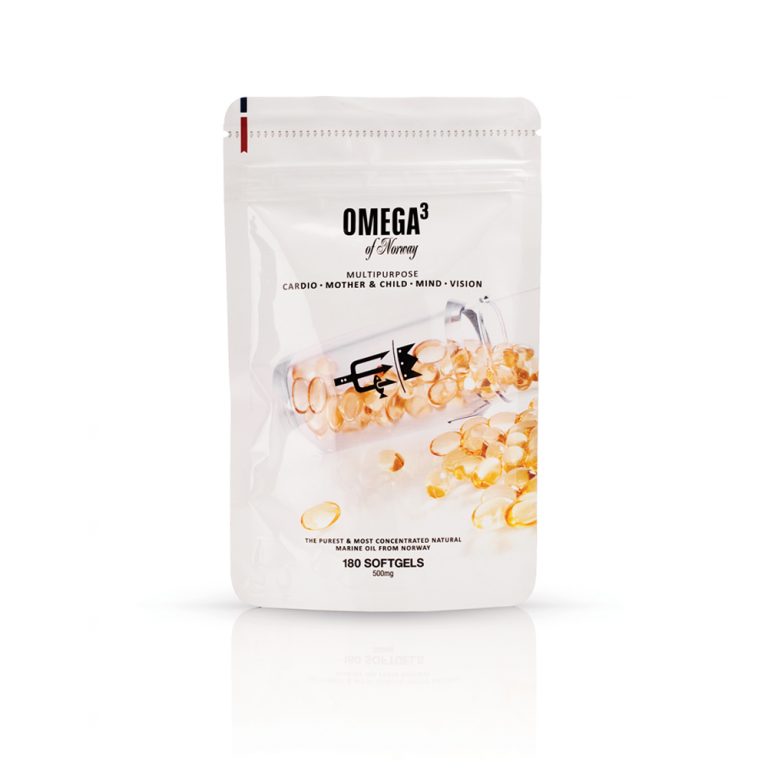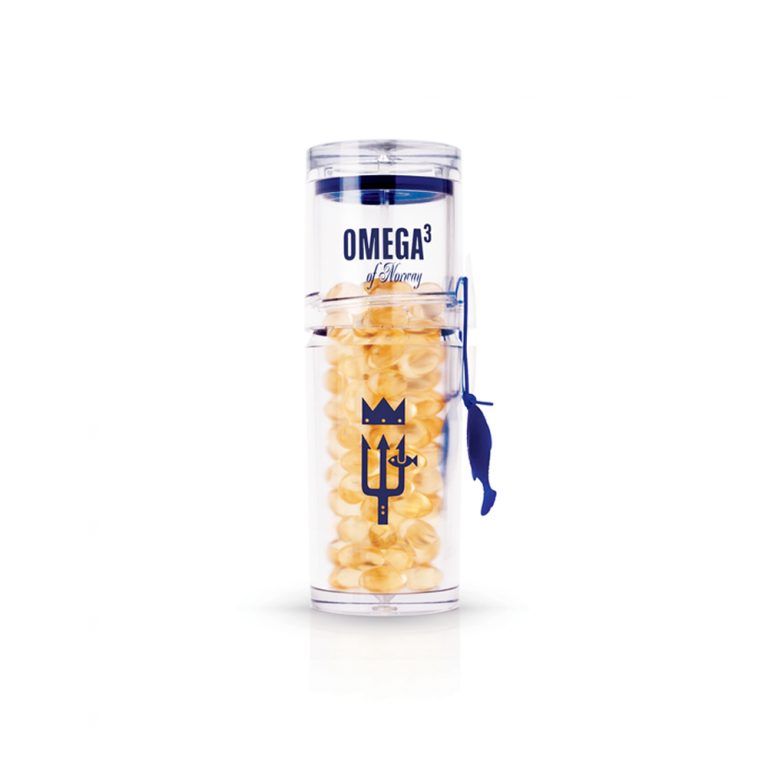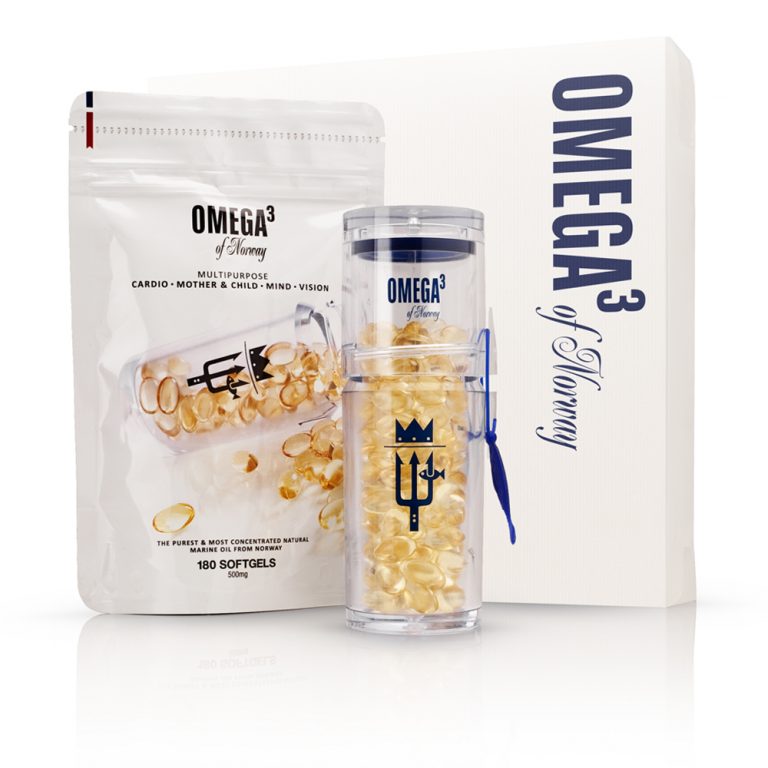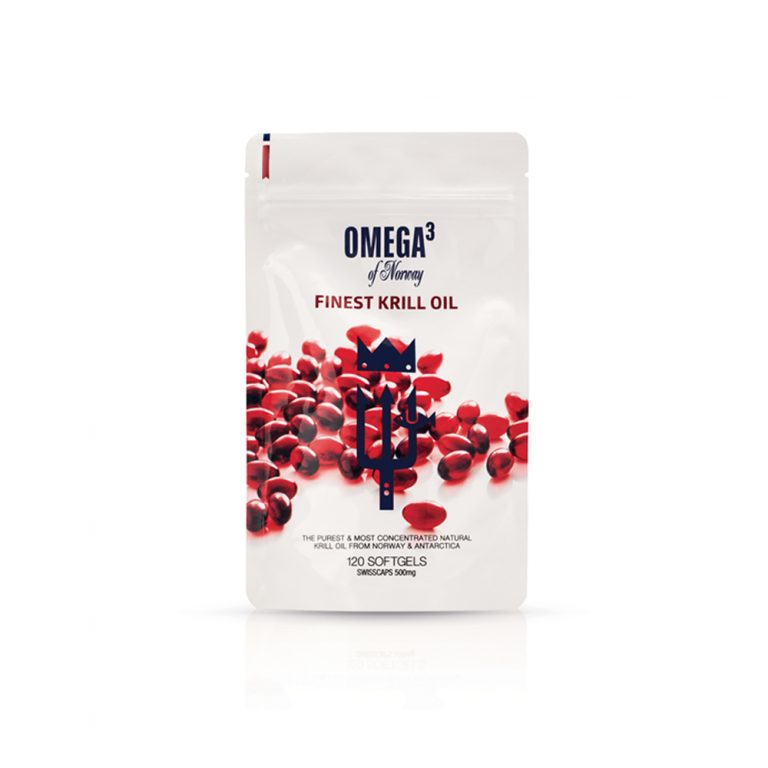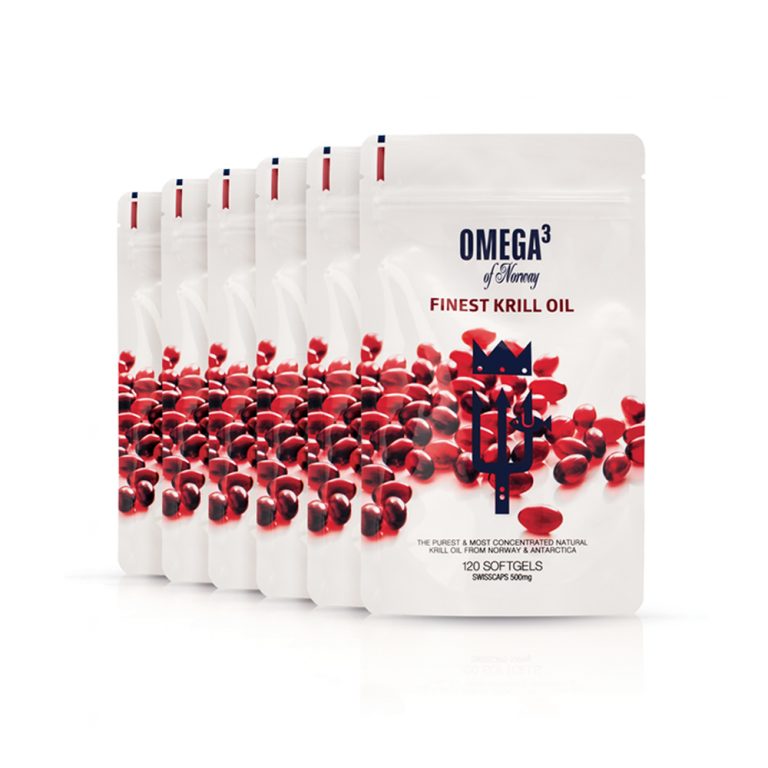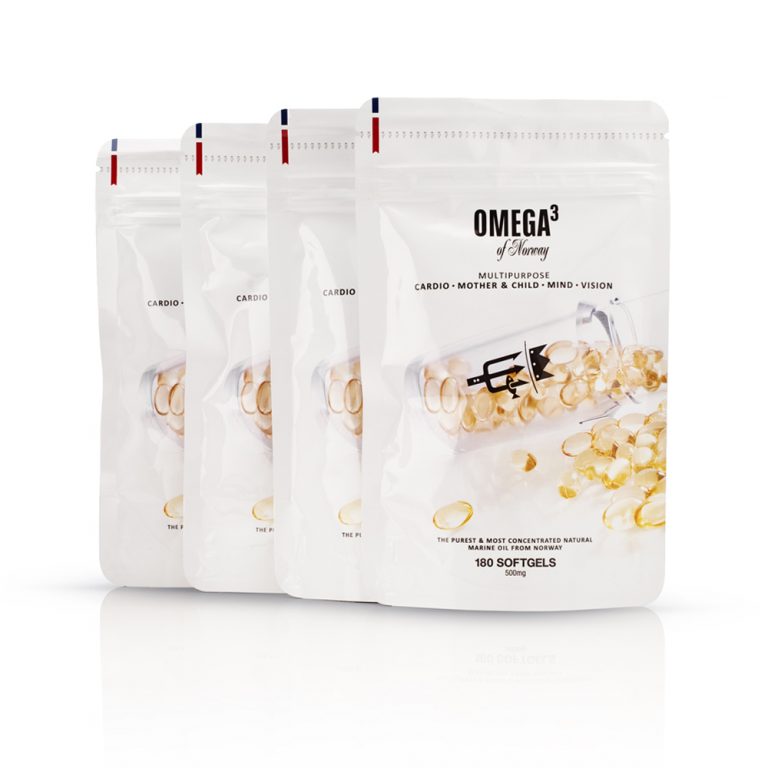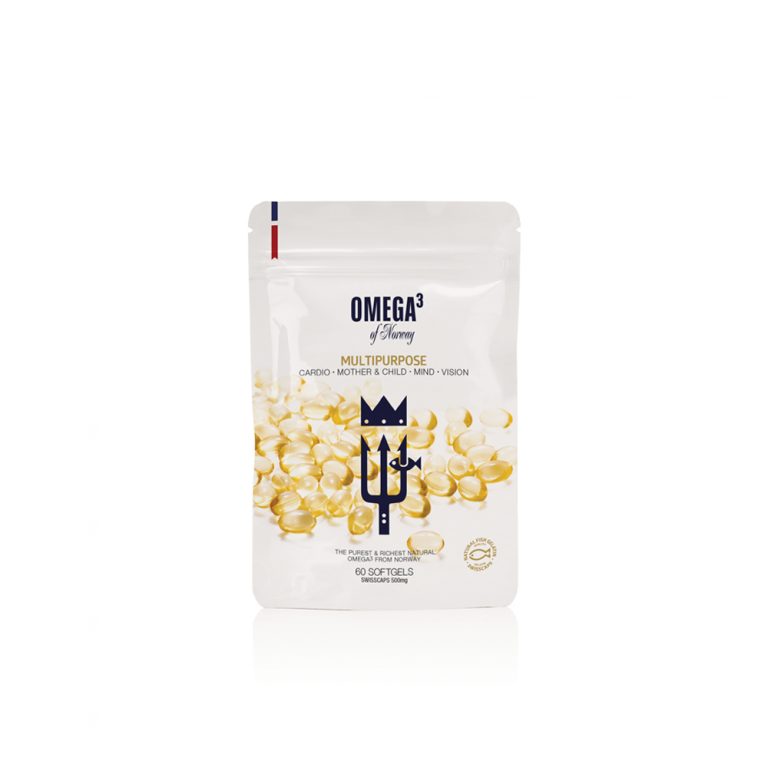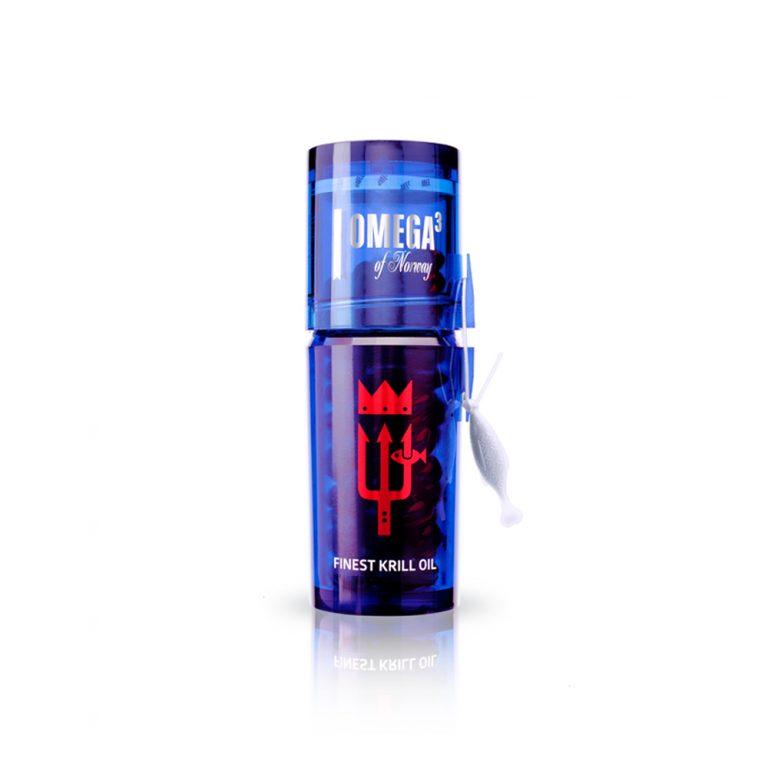Both fish oil and red krill oil are good sources of EPA and DHA, essential polyunsaturated fatty acids called omega-3s. Those fatty acids have a variety of health benefits and many people consume fish oil or krill oil supplements as part of their diet and health-conscious lifestyle.
While fish oil and krill oil differ with regards to their origin and the molecular structure the fatty acids assume, they share most health benefits such as their impact on blood lipids, heart health and mental performance as well as their anti-inflammatory properties. But research has shown that besides their similarities, their impact on our health is not identical.
In this article we will compare the health benefits of both krill oil and fish oil and see where their effects differ.
The Difference In Heart Health Benefits
We know from research looking at people’s eating habits that many of us who live in North or South America, Africa, Southeast Asia or Europe don’t consume sufficient amounts of omega-3s. But why does this matter? Well, those fatty acids are linked to many health benefits and have proved especially helpful in supporting our most important organ: the heart.
Having a so-called omega-3 index of over 8% has been associated with a 35% lower risk of fatal coronary heart disease compared to people with an index of below 4%. Simply put, this means that consuming adequate amounts of omega-3 fatty acids keeps your heart healthy and can contribute to reducing the risk of plaque build-up in your arteries, which stiffens them and can create blood clots that can stop oxygen-rich blood from getting to our vital organs. Such blood clots can also travel through our body and cause a stroke or heart attack if they get “stuck” in the wrong place.
Both krill oil and fish oil supplements contain the marine omega-3s EPA and DHA. However some comparative studies have shown that their impact on our cardiovascular system might not be identical. In people with elevated blood cholesterol, krill oil has proven more efficient in lowering blood sugar, triglyceride levels as well as “bad” LDL cholesterol. Although the krill oil in this study has been given in lower doses it proved to be more efficient than the fish oil in the control group.
Krill oil is still relatively new to the food supplement market and was virtually unheard of ten years ago. Much has changed and today it is the second largest commercially available source of the omega-3s EPA and DHA. While it is becoming a very popular alternative to fish oil, there is still little research so there is also less scientific scrutiny when it comes to krill oil and its advantages compared to traditional fish oil supplements. But here at Omega 3 of Norway we believe in the health benefits of krill oil and are proud to offer a high quality product full of natural goodness.
Choline And Astaxanthin – What Makes Krill Oil So Special
Next to the essential fatty acids we’ve talked about before, krill oil also contains choline and astaxanthin, two components essential to our wellbeing that we will elaborate on below.
Choline is a so-called macronutrient, neither a vitamin nor a mineral, but something in between. It is similar to Vitamin B in its properties and functions and is an organic and water-soluble complex. It naturally occurs in krill oil but is also found in other foods like egg yolk, chicken liver and soybeans. We can even produce a small amount of it ourselves, but we mostly rely on consuming it through food, like we do with essential fatty acids. Choline is important for our wellbeing because it is needed for essential processes in our cell membrane as well as its function and signaling capacity. Like omega-3s, it also has an influence on our cardiovascular health, as well as on our brain and liver. It is also used to produce a neurotransmitter which is active in neural networks associated with memory and muscle function.
So what happens if we don’t have enough choline? It can lead to an increased risk of fatty liver and heart disease and even interfere with our memory. Pregnant women especially should keep an eye on their choline intake because this substance is also connected to fetal brain development and therefore influences memory function in the child as well.
One of the outstanding qualities found in krill oil, is an antioxidant called astaxanthin. It gives the krill oil its red color and further enhances its natural anti-inflammatory properties, making it potentially more efficient in fighting inflammation than fish oil. It is also able to cross the blood-brain barrier and protects our cells from free radicals that can cause damage through oxidation. This can have a positive impact on our brain and body because such free radicals can increase the risk for age related diseases and heart disease. Phospholipids are the other glorious feature within krill oil, it is a crucial link for cellular functioning, with phosphatidylcholine. The unlimited clinical studies show that ingesting high concentrations of quality PC provides enormous health benefits in terms liver, cardiovascular, kidney, lung, gastrointestinal (GI), neurologic, and skin function.
The structural Differences Between Fish Oil And Krill Oil
So why does krill oil work differently within our physiology than fish oil? Studies have shown that our body might absorb the fatty acids in krill oil better than those in fish oil because of their molecular structure that takes the form of phospholipids. These can be more easily transported to and absorbed into our cells and might therefore explain the difference in the bio-efficiency of those two supplements. Phospholipids can go directly to our blood because they are water-soluble and our body can recognize and absorb them quickly. In fish oil, the fatty acids naturally occur as triglycerides. Those first have to be processed by our liver before they can be absorbed in the rest of our body.
Whatever Your Choice, Make Sure You Choose Quality
Both fish oil and krill oil have a lot of health benefits for both body and mind. While there is more research and scientific proof for the benefits of fish oil, some of the more recent studies done with krill oil have revealed promising results. In comparison to fish oil it might even work better and more efficiently for some people.
But whatever your decision, make sure you purchase a high quality product, understanding all the key differences and factors that separate a budget farmed 0mega 3 to a wild water and technically advanced quality omega 3. A good quality, wild water fish oil is more expensive because it has to go through several purification processes to remove contaminants that have accumulated in the fish’s tissue over time. This is an extensive and expensive process involving filtration, molecular distillation and testing but which results in an oil that is around 1’000 times purer than fish oils of lower quality that have not been purified. So when you purchase a fish oil, make sure it is a good quality one. Other factors to look out for are the concentration of both EPA and DHA and most importantly the form they take: is it a natural triglycerides (making it a proper oil) or ethyl esters, in which case the product would be a mere fish oil concentrate. Read this blog post to find out more about the difference between ethyl ester and triglycerides. (insert link https://norwayomega.co.uk/blog/norwegian-fish-oil-its-quality/)
When it comes to krill oil, quality is paramount. However, because krill oil is considered a whole food it only has to be filtered , not distilled, because krill naturally contains very low levels of pollutants because they are very low in the marine food-chain. Our modern vessels have ónboard´state of the art filtration systems which allows for immediate packing of the highest quality. As with fish oil however, make sure to check the EPA and DHA concentration in the product before you buy and the most important nutritional values with krill oil, the Astaxanthin and Phospholipid levels too.
Here at Omega 3 of Norway we highly value quality and have a lot of control over the production process. Additionally, our Omega 3 oil has been awarded a certificate of sustainability due to our efforts and we are proud to be recognized by the sustainable seafood association Friends of the Sea. While the finest Antarctic Krill has the Marine Steward Council certification.
Head over to our Shop to browse our range of products or learn more about all things about and related to the finest krill and omega-3 oils, along with recommended healthy Nordic tips here on the blog.
Sources
www.simsfinnchiropractic.au
www.naturalproductinsider.com
https://life-enhancement.com/pages/the-power-of-essential-phospholipids
www.healthline.com


